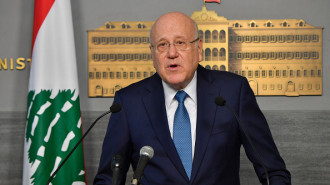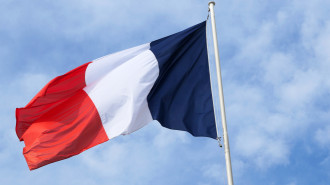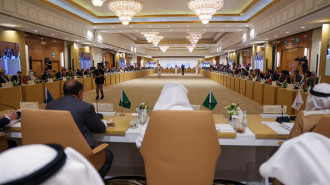Essebsi shies away from the cameras
Beji Caid Essebsi, Nidaa Tounes' candidate in Tunisia's presidential elections, has put a lid on calls for a televised debate with rival Moncef Marzouki.
Essebsi opened up a five-point lead over Marzouki, the interim president, in the first round of Tunisia's historic presidential race.
'Duel of rams'
Nidaa Tounes' candidate laughed off the challenge as a "duel of rams", while there have been mixed responses from the public.
"If you run away from a debate, you are not up to it and scared of confrontation. If you are the one calling for a debate then you are up for a challenge," Samir Ben Amor, the leader of Marzouki's al-Motamar Party, told al-Araby al-Jadeed.
"[Tunisia] is a fledgling democracy and we have to take steps towards listening to others, regardless of different opinions."
Amor said that televised debates take place in the "strongest democracies", particularly when a leadership race moves into the second round of voting.
TV debates, he says, are a good way for the public to decide on which candidate is best for the country, away from the commotion of partisan media coverage.
Democratic reality
Lazhar Akremi, head of the largely secular Nidaa Tounes party, responded to Marzouki's challenge, saying: "Those who talk about the importance of similar debates in democratic transition must look at the political reality again. The talk about being scared of confrontation are just the words of boys and are not worthy of a response."
Ibrahim Omari, a political analyst and academic, said that Marzouki's call for a TV debate was a natural step for the country to take at this stage of its democratic transition after decades of single-party rule.
| Tunisia is still warming up to democracy. - Ibrahim Omari, political analyst |
"There was a televised debate between three candidates in the parliamentary elections, but it didn't meet the required standards because the debate was based on opinions instead of interaction between the candidates, which is what clearly happens in debates in the West, where they have more experience with debates," he said.
Omari added that the debate would give each contender an opportunity to set out their programmes and goals to the public, and make comparisons to their rival's policies.
"Tunisia is still warming up to democracy after the success of the parliamentary elections and the first round of the presidential elections. So, calling for a debate is a normal part of the democratic process," he added.
Ready for the debate
The analyst said that fears Tunisians were not yet ready for a televised debate were bogus. But with tensions heating up between the two rivals, Omari believes that Marzouki's goal is to embarrass Essebi before second round voting begins.
"I think if a debate is held calmly and politely, it will have a positive impact in resolving the matter and determining the best candidate to vote for," he said. "Similar debates play a crucial role in helping undecided voters make a final decision on who to vote for."
This article is an edited translation from our Arabic edition.
Opinions expressed in this article remain those of the author and do not necessarily reflect the opinions of al-Araby al-Jadeed, its editorial board or staff.

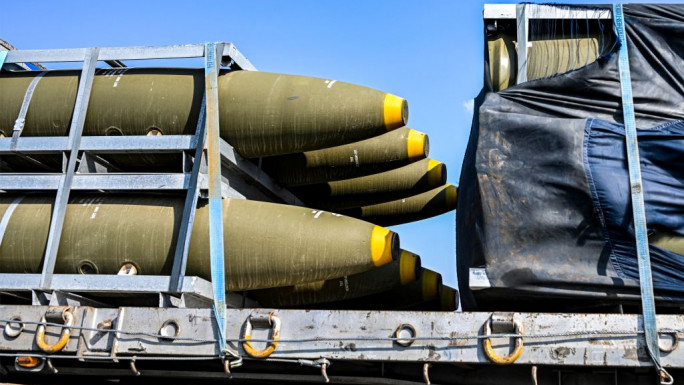
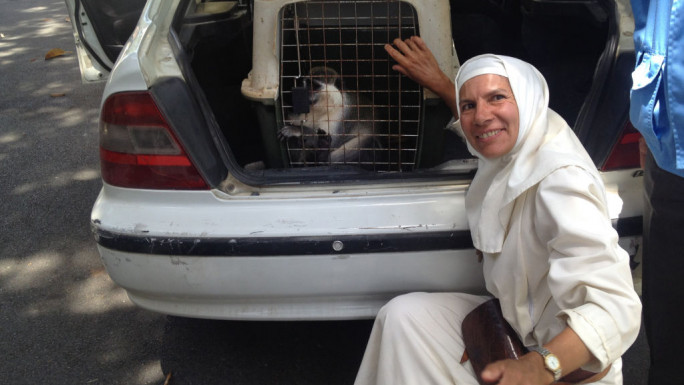
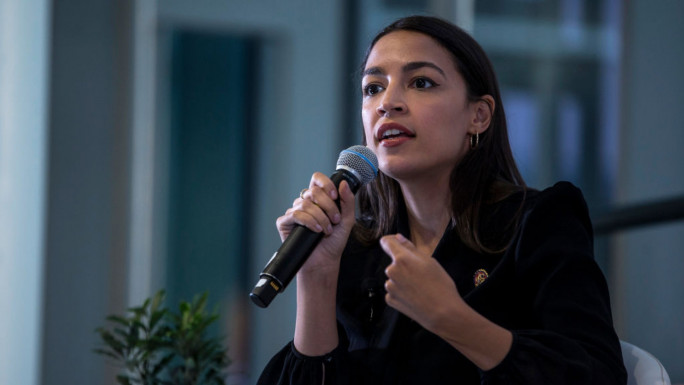
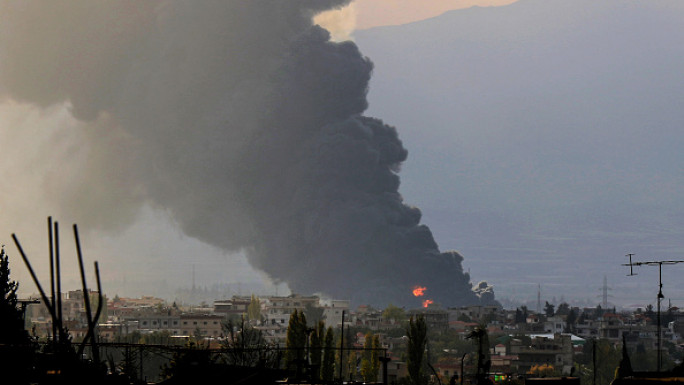
 Follow the Middle East's top stories in English at The New Arab on Google News
Follow the Middle East's top stories in English at The New Arab on Google News
